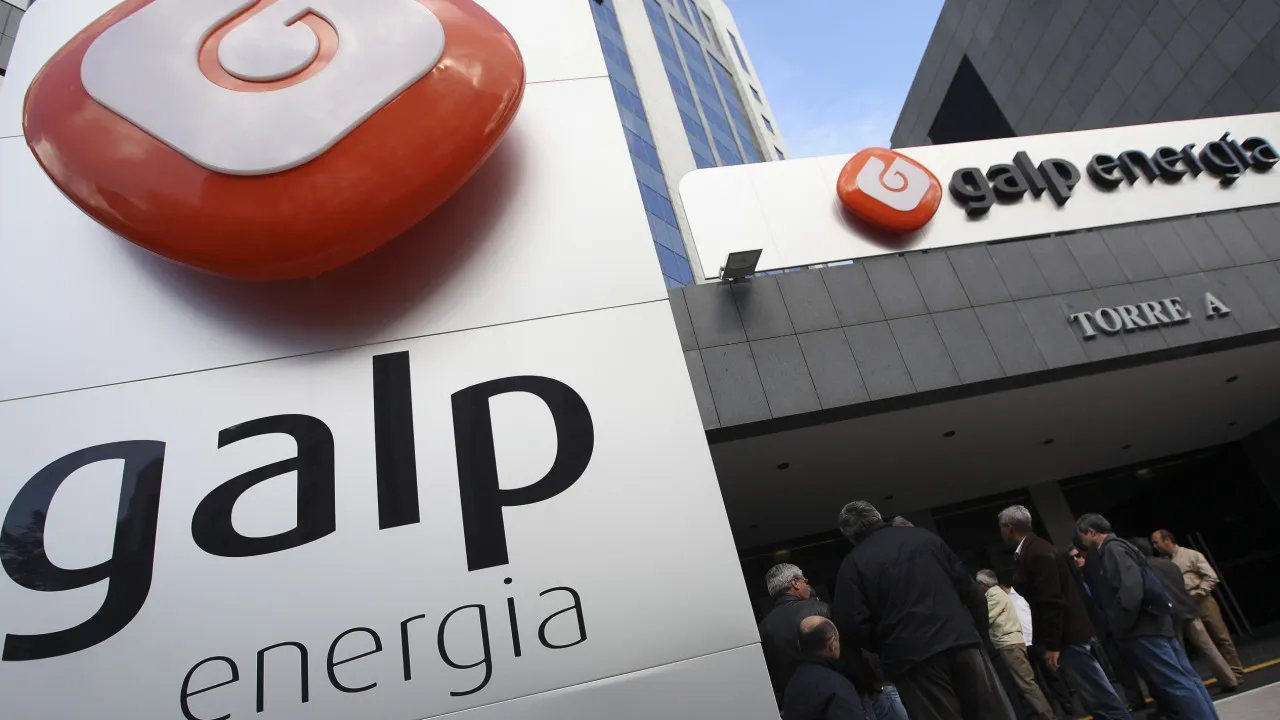
Questioned by Lusa during an AT event in Maputo, Aníbal Mbalango assured that the authority has “no dispute” with the Portuguese oil company regarding the sale of a stake in Mozambique.
The tax dispute, deemed by the Centro de Integridade Pública (CIP) as a “test of Mozambique’s economic sovereignty,” follows the March sale of a 10% stake by Galp to the state oil company of the United Arab Emirates (ADNOC) in Area 4 of the Rovuma Basin.
In its analysis of the dispute, CIP noted that the AT “required the oil company to pay a capital gains tax amounting to 162 million euros, equivalent to 12 billion meticais,” a figure “which Galp itself confirmed having been notified of in its official shareholder report.”
“This amount arises from applying the effective rate of 17.6% stipulated in Mozambique’s petroleum fiscal regime to an estimated capital gain of about 920 million euros by the AT. In stark contrast, Galp disputes the assessment, claiming a taxable capital gain of only 26 million euros, a value 35 times lower than the AT’s calculation,” the CIP report states.
For this civil society organization established in 2005, which monitors and promotes integrity and transparency in public powers and the state, Galp’s stance “is even more questionable given that in the same period the company reported to its shareholders an accounting gain of 147 million euros from the same transaction, highlighting a glaring inconsistency between what it declares to the tax authorities and what it communicates to investors.”
It further states that Galp’s decision “to resort to international arbitration at the International Centre for Settlement of Investment Disputes (ICSID) of the World Bank, presumably based on a stabilization clause in the 2007 Concession Contract, represents a strategy known as a ‘war of attrition.'”
“This strategy seeks to exploit the significant financial power asymmetry between the company and the Mozambican state, forcing the country to accept an unfavorable settlement to avoid exorbitant legal costs, conservatively estimated between 6 and 8 million dollars. These costs represent between 3.4% and 4.6% of the total tax amount due,” the report states, analyzing the transaction’s architecture, the robustness of Mozambique’s legal basis, and Galp’s “likely litigation strategy.”
“It concludes that Mozambique’s position is legally strong and aligned with the best international practices to combat fiscal erosion, that is, reducing the tax base through abusive tax avoidance schemes. However, the country’s ability to uphold its sovereign rights requires a firm response from the State, vigilant scrutiny from civil society, and responsible behavior from international partners, including the Portuguese state, which is a significant shareholder of Galp,” the CIP further notes.
Lusa reported on July 4 that the Mozambican government expects Galp to pay capital gains taxes in 2025 and 2026 from the sale of a 10% stake in the consortium in Area 4.
“In 2024, Galp announced its intention to sell its 10% stake in Area 4 to the United Arab Emirates national oil company, ADNOC. Some transactions related to this operation are expected to conclude in 2025 and 2026, which should generate capital gains tax payments,” the Medium Term Fiscal Scenario, approved in June by the Council of Ministers, states.
Area 4 is operated by Mozambique Rovuma Venture (MRV), a joint venture co-owned by ExxonMobil, Eni, and CNPC (China), holding 70% of the concession.
Galp announced on March 28 the completion of its 10% stake sale in Area 4 in Mozambique for 881 million dollars (816 million euros) to XRG, of the Abu Dhabi National Oil Company (ADNOC).




